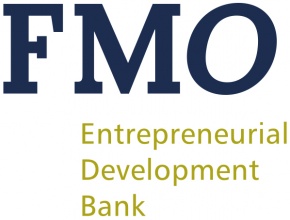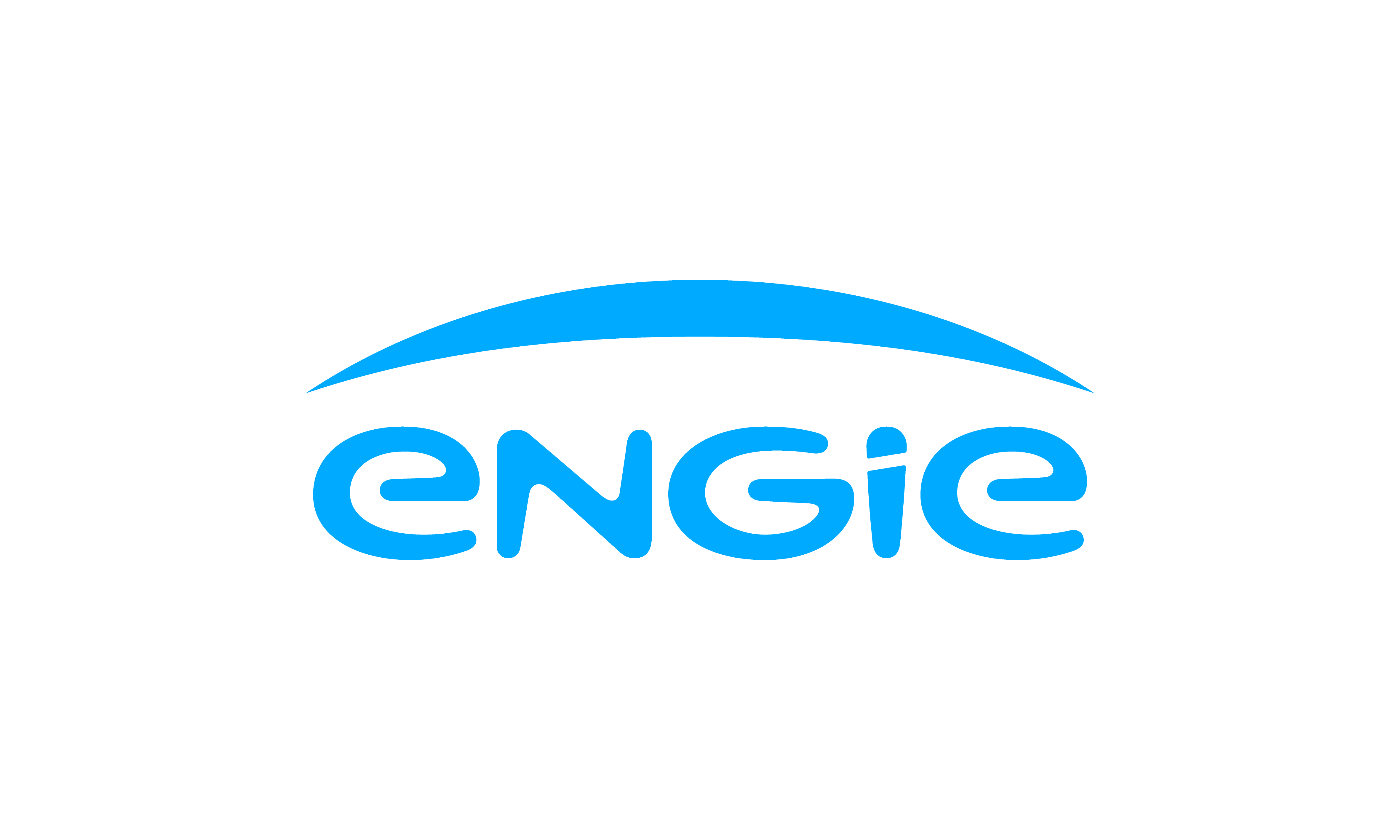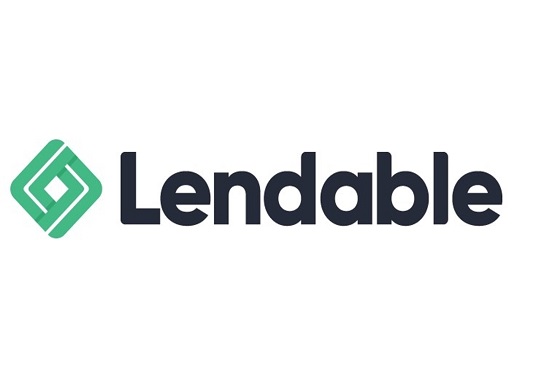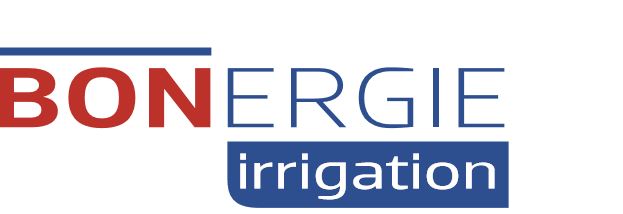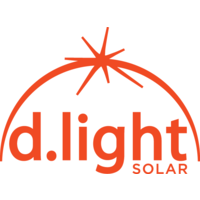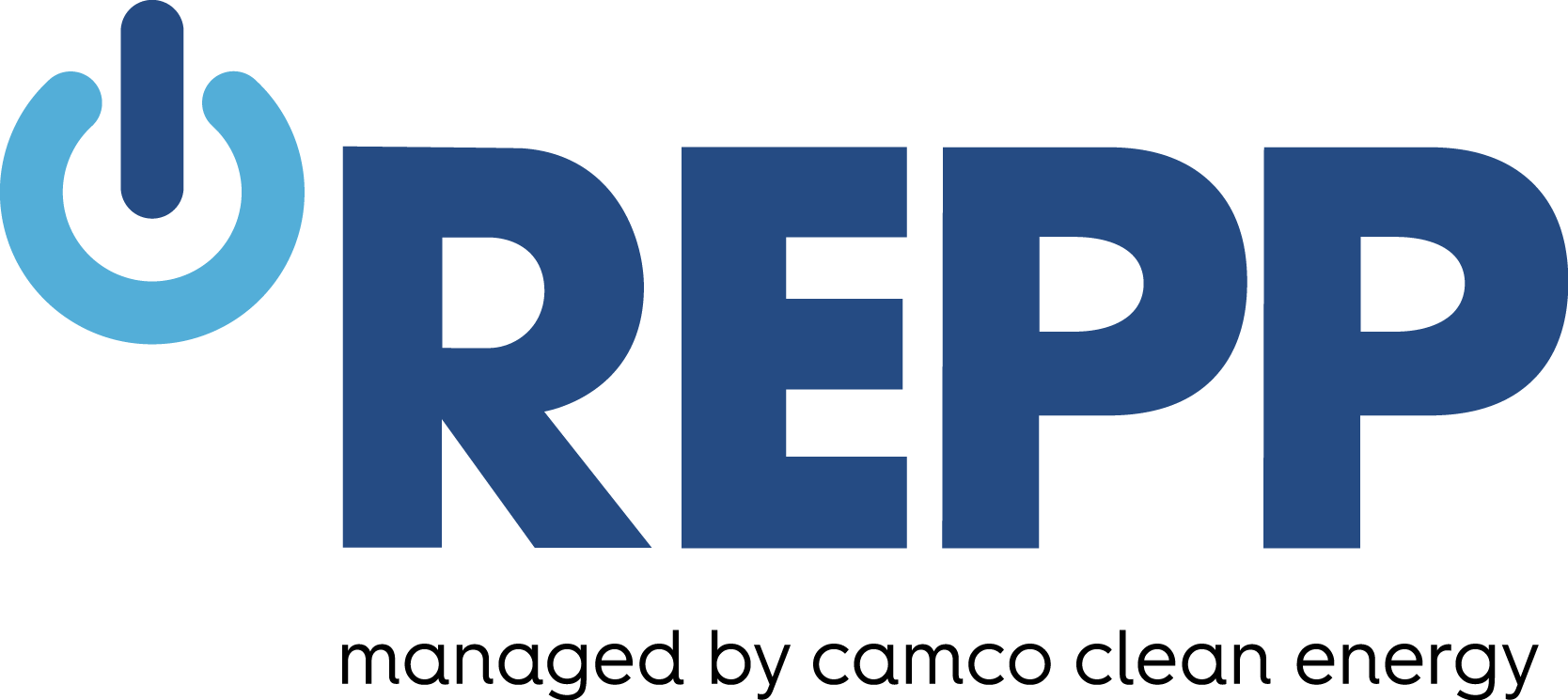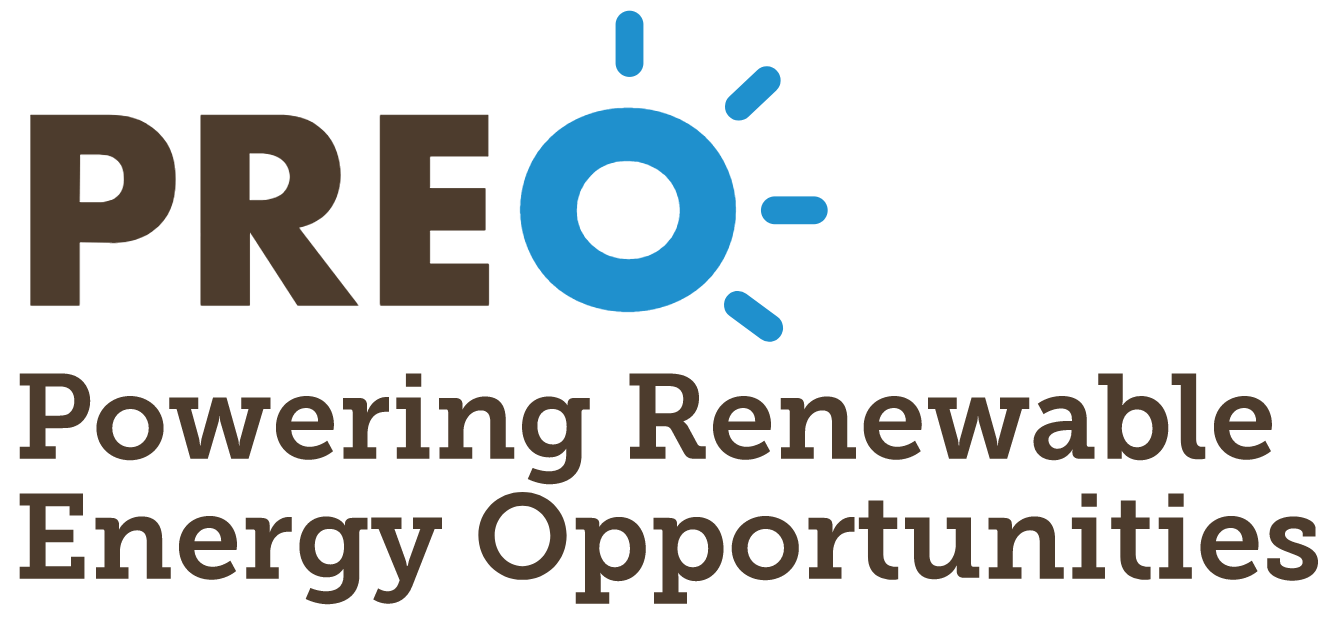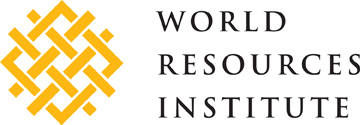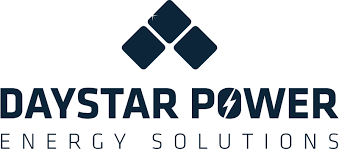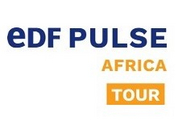30 September 2021: FMO, NEoT Offgrid Africa (NOA) and Winch Energy Limited have invested c. US$12 million in mini-grid projects in Uganda and Sierra Leone, contributing to their global ambition to build the largest portfolio of mini-grids in Sub-Saharan Africa, and reach a portfolio worth US$100 million.
Thanks to this project, 49 villages in Sierra Leone and Uganda will be equipped with off-grid and remotely controllable solar solutions – Remote Power Units (RPU) – that will supply power to nearly 60,000 people. The RPU’s will be designed and manufactured by Winch Energy through their assembly facility in Sicily, Italy. In a second phase, 6,000 portable batteries will be deployed in these villages to serve people who live too far from the power unit. At the same time, partnerships with telecom operators will be established to guarantee Internet access for households.
Installation of the project has already started with the RPU’s for the first 13 villages shipped to Uganda. All 25 RPU’s are expected to arrive in Uganda before the end of 2021. An additional 12 village power plants are also already operational in Sierra Leone and providing customers with clean energy. The Uganda sites are expected to be operational in early 2022, while all 24 sites in Sierra Leone will be operational by Q2 2022.
This project contributes directly to the achievement of the Sustainable Development Goals (SDGs) set by the United Nations, including among others:
- Accessible and clean energy (SDG7) by electrifying villages which currently have a limited access to electricity mainly derived from fossil fuels;
- Climate Action (SDG13) by promoting power generation from solar energy and contributing to reduce greenhouse gas emissions.
- Decent work and economic growth (SDG8) by supporting local employment with at least 65 local permanent jobs created and many more during the construction phase.
- Poverty alleviation (SDG1), good health and well-bring (SDG3) and quality education (SDG4) through connecting businesses, schools and health centers to reliable and clean electricity
- Effective public-private and civil society partnerships (SDG17 “Partnerships for the goal”) with the involvement of both Uganda and Sierra Leone governments, international agencies as well as private sector actors.
Winch Energy IPP Holdings Limited (WIPP), where NOA is the main shareholder, is the new investment platform for those projects. FMO, the Dutch entrepreneurial development bank, has arranged a syndicated facility where FMO (through the Access to Energy Fund) and the Renewable Energy Performance Platform (REPP) – managed by Camco Clean Energy (Camco) - will lend to WIPP a first tranche of c. US$ 4 million for the portfolio of mini grids in Uganda and Sierra Leone. A second tranche of up to US$ 6 million is also included in the facility to finance future projects since WIPP plans to expand its operations in Sierra Leone, Uganda and to other countries.
Quotes from representatives of NOA, WEL, REPP & FMO
Huub Cornelissen, Energy Director of FMO said “Supporting renewable energy programs is key to FMO’s strategy, as lack of access to energy is one of the biggest barriers to development. Mini-grids are seen as essential to increasing access to electricity and, as such, are becoming part of FMO’s core strategic focus. Closing this first mini-grid debt transaction represents a major milestone for FMO and an important contribution to further develop the sector. The partnership with Winch and NOA proves that mini-grids can be financed at scale and efficiently by creating a cross-country portfolio of assets. The addition of a facility for future projects allows for scale and provides the developers with an efficient funding source for the deployment of additional mini-grids.”
Nicholas Wrigley, CEO of Winch Energy said: “We are obviously delighted with the closing of this debt financing from FMO and REPP Camco, which represents a landmark for the off-grid industry in Africa and Worldwide. This first tranche represents the beginning of our investment program with our partner NOA and soon to follow will be additional investments in Sierra Leone and Uganda and we are also targeting Nigeria and Ethiopia for 2022. The teams at Winch Energy and NOA have worked extraordinarily hard to bring about this innovative debt financing and for that I wish to thank them.”
Geoff Sinclair, Managing Director of Camco, said: “Solar-powered mini-grids have a vital role in enabling countries in Africa to meet their climate action targets while providing affordable, reliable and sustainable energy access to underserved rural communities. As REPP's investment manager we are excited to be participating in both Sierra Leone's and Uganda's first large-scale mini-grid programmes, which will serve as a template for the wider roll out of mini-grids in the surrounding markets."
Philippe Ringenbach, CEO of NEoT Capital, President of NOA, said: “NOA is very proud to participate in this ambitious project alongside Winch Energy and two of the most active lenders in African offgrid market. This transaction reinforces NOA's position as a leading provider of innovative financing in the renewable energy sector in Sub-Saharan Africa, which has huge potential and an equally huge need for financing.”
###
About NEoT Offgrid Africa: NEoT Offgrid Africa (NOA) is an investment platform designed to support Africa's energy transition by addressing the issues of energy access. Founded and owned by Meridiam (as majority shareholder), EDF and Mitsubishi Corporation, NOA provides its partners with innovative financing solutions to remove barriers to upstream investment, deployment of new technologies and commercial risk management. NOA is managed by NEoT Capital, which is a company dedicated to supporting the energy transition to a carbon-free world. Founded by leading industrialists, NEoT creates and manages investment platforms that finance the deployment of zero-emission equipment based on innovative energy storage solutions. NEoT brings together a team experienced in financial structuring and clean energy solutions, and relies on international strategic partners to provide the financial and operational support needed to develop carbon-free solutions.
About Meridiam: Meridiam was founded in 2005 by Thierry Déau, with the belief that the alignment of interests between the public and private sector can provide critical solutions to the collective needs of communities. Meridiam is an independent investment Benefit Corporation under French law and an asset manager. The firm specializes in the development, financing, and long-term management of sustainable public infrastructure in three core sectors: mobility, energy transition and environment, and social infrastructure. With offices in, Addis Ababa, Amman, Dakar, Istanbul, New York, Luxembourg, Paris, Toronto and Vienna, Meridiam currently manages US$18 billion and more than 90 projects and assets to date. Meridiam is certified ISO 9001: 2015, Advanced Sustainability Rating by VigeoEiris (Moody’s) and applies a proprietary methodology in relation to ESG and impact based on United Nations’ Sustainable Development Goals (SDGs). For more information, visit: www.meridiam.com.
About Winch Energy Limited: Winch Energy is a global, off-grid renewable energy developer, operator and technology developer and integrator. Through its Remote Power Unit, the “RPU”, it provides a three utility solution for people around the world without access to electricity, internet or clean water. Winch Energy currently operates in five countries across Africa, with two key projects currently under construction in Sierra Leone and Uganda. Formed in 2008 by Nicholas Wrigley, who remains a significant shareholder, Winch Energy is owned by Winch Partners, Total Eren S.A., Al Gihaz Holding and Itochu Europe PLC. For more information, visit: www.winchenergy.com.
About REPP: The Renewable Energy Performance Platform (REPP), managed by Camco Clean Energy, works to mobilise private sector development activity – and investment – in small to medium-sized projects (typically up to 25MW). It is supported with £148m funding from the UK’s International Climate Finance through the Department for Business, Energy and Industrial Strategy (BEIS), and to date, has agreed contracts with 29 renewable energy projects across 16 countries, employing 7 different technologies, from SHS and PV mini-grids to on-shore wind and run-of-river hydro. For more information, visit: www.repp.energy.
About Camco Clean Energy: Camco Clean Energy is a specialist fund manager focused on renewable energy, climate finance and impact in emerging markets. We offer elegant and practical financing solutions to lead the clean energy transition, pairing the conscience of a development bank with the agility of a small private company. Camco manages REPP and in November 2020 was approved to become an Accredited Entity of the Green Climate Fund. The company has offices in Accra, Helsinki, Johannesburg, London, Nairobi and Toronto. For more information, visit: www.camco.energy.





